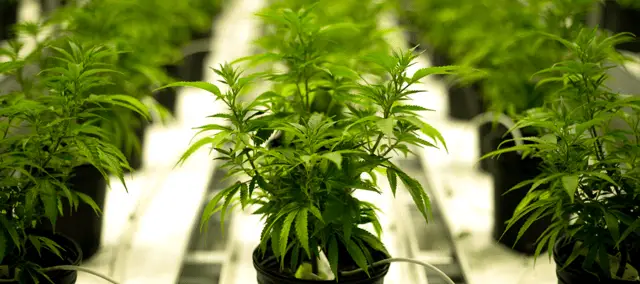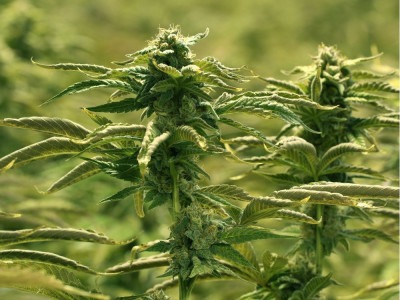
The topic of medicinal Cannabis and its varieties such as Hemp has left a diversity of opinions due to everything that entails its cultivation. In previous days, in The Costa Rica News (TCRN), we emphasized the initiative of Law 21,388 aimed at the reactivation of the Costa Rican economy after the COVID-19 Pandemic, issued by the President of Costa Rica, Carlos Alvarado, which is called the “Cannabis and Hemp Production Law for Medicinal Purposes”.
Regarding the proposed Law, we highlight everything related to the authorities’ points of view, whether citizens agree or not, the possible licenses for the cultivation of Cannabis. Recently, it was learned that representatives from the Ministry of Agriculture (MAG) are waiting for seedlings to begin research on Hemp.
In this regard, Marlo Monge, vice minister of MAG, said that they have already made the import request for the first hemp seedlings, without specifying where they will be imported from. In his opinion, he reported that Hemp is a crop that can be harvest after four or five months. “By the end of the year, we could already have clarity on how this crop behaves in our country.” Two places have been chosen for the tests: Cañas and Guápiles, precisely because of their climatic conditions. The first for being a dry climate and the second is a tropical forest.
Did you know that the World Health Organization (WHO), in its last official report, removed
Cannabis (CBD) from the category of Psychoactive Drugs?

The WHO document recognized that there are no reported cases of abuse or dependence on the substance and that it does not represent a danger to public health. In the study, they mention that CBD lacks psychoactive characteristics, which creates new possibilities for the substance to be used in other types of studies and research.
For the Organization, Cannabidiol is not addictive, despite this; it does not mean that Cannabis is no longer classified as a drug by the international organization. Last March they planned to hold the vote to reduce restrictions for scientific research and medicinal use in various regions of the world.
The Commission on Narcotic Drugs, which is part of the Economic and Social Council of the United Nations (UN), is the body in charge of periodically modifying, reviewing and updating the list of prohibited substances, all of this under the recommendations of the World Organization of Health (WHO), which, in turn, is advised by the Expert Committee on Drug Dependence. The reason for the postponement is because they must clarify the implications and consequences of the said decision, taking into account its complexity.
It is worth noting that Cannabis research has been going on since the ’60s since then it has stumbled upon many obstacles that have prevented its benefit for millions of patients. Cannabis still looks bad for some groups of society, perhaps very soon with so much research and studies, on so many benefits being proofed, they can change their minds.

